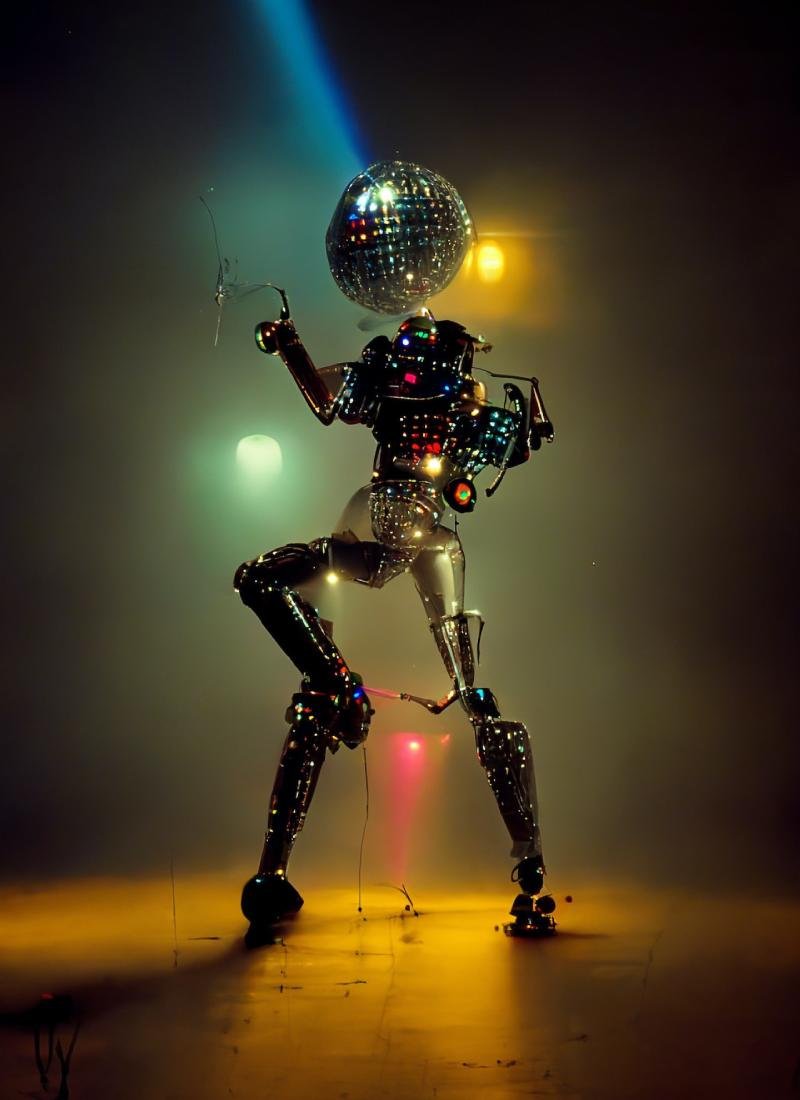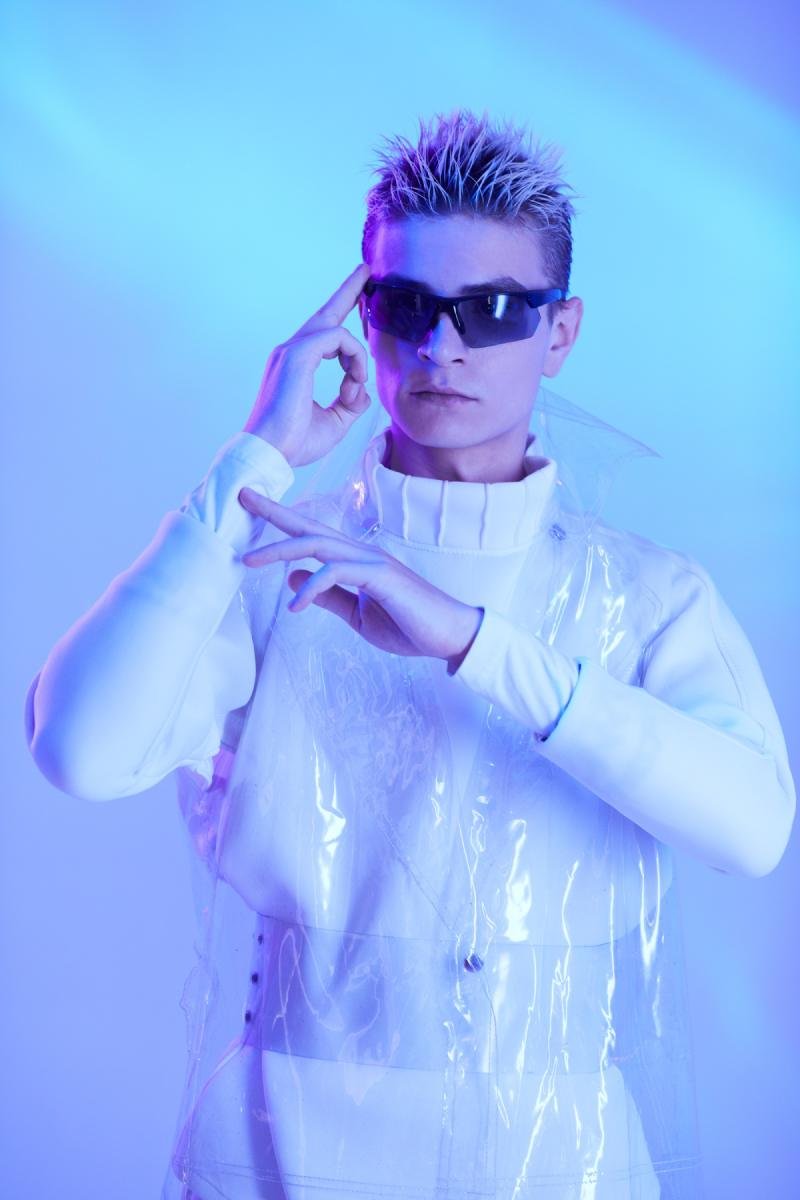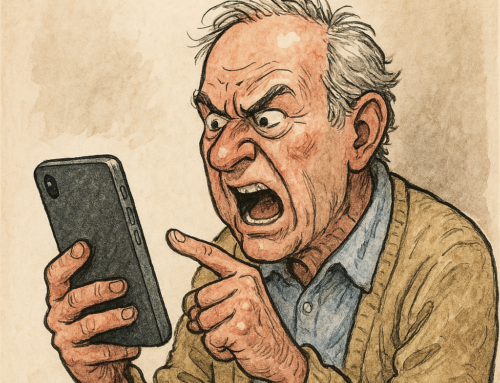Saman Hamid writes about the future of AI as the perfect influencer. It would never get tired, it would never fall asleep. It would always say the right thing in interviews and be able to recite rousing endorsements for adoring fans.
The year was 2002, Halle Berry won the Oscar, Lord of the Rings was going strong [1]. Hats off at this point to any millennial, who still don’t know the two, please Google. The phrase “google it”, by the way had a whiff of myth. It was a completely different world 20 years ago, just “google” the Nokias in the market, again those under 20, google please google!
In 2002 an Andrew Nicole movie S1m0ne[2], starring Al-Pacino came out. The movie was about a fading director Viktor Taransky, who made a virtual movie star named Simone and made a cultural phenomenon. People found her awesome but they thought she was a real person. The movie was meager at best at the box office, and with the critics. Personally, the movie, as an Al-Pacino and Kathrine Keener starrer and that kid that later appeared in Green Day video, yes! Evan Rachel Woods appeared as Al-Pacino’s daughter, not a bad ensemble, quite predictable too but it had some really good moments.
20 years later though this news reminded me of Rozy the virtual influencer and Lucy a brand-specific influencer both from South Korean.
“Forever young, beautiful and scandal-free: The rise of South Korea’s virtual influencers”[3]
The more I read about this, the more peculiar it became. South Koreans are liking and following the beautiful Influencers who are not really real, they are these perfect nose, hair, and body Barbie. The companies behind them are scoring big, they are getting advertising deals, and virtual fashion shows. This is gradually becoming big business.

It is very interesting to note three things now:
- the world’s thirst for perfection has finally turned to AI,
- the kids, or youngsters who will try to emulate them or even physically become them, not as robots but the beauty personality standards will be followed and adopted,
The plastic surgery industry of South Korea is 5th largest in the world [4] Brazil is leading the pack by the way [5].
But will it last? Maybe or maybe not! We must consider the potential consequences and risks of this trend, including the impact on self-esteem and body image, the influence on societal values and standards, and the ethical implications of creating and promoting these virtual role models. It is important to foster media literacy and critical thinking in the next generation, and to have open discussions about the long-term effects of this cultural shift.
Why has the world turned to Artificial Intelligence?
There was a time when Barbie was heavily criticized, hence caved. Now we have Indian Barbie, Doctor Barbie and many other versions but her beauty is quite plausible. The criticism Barbie drew was not instant though, over the course of time[6]. Girls simply want to look like Barbie. The crudest form of influence is still around and big. The term influencers gained prominence with the rise of Social Media, I still remember how much my own kids bugged me about Ryan[7], from a kid playing with his toys he has gone on to become a human conglomerate.
Until things remained human, life was also human like. With the advent of AI in Influence Marketing, it has become quite Sci-fi in its own right. For the marketing companies it is very simple. They want someone dependable and consistent. With “humans” that is the biggest and most expensive struggle. Not to mention the scandals and other “detours” celebrities take once they become famous. Therefore, it was only a natural course of action; after all, we humans have always been unreal when it comes to expectations of what life should be hence how it is portrayed. When technology allowed, corporations filled the shoes with realistic looking people.
Artificial Intelligence as an Ultimate Influencer: The effect on psyche
Body dysmorphic disorder(BDD) is a psychological condition in which you can’t stop thinking about one or more perceived defects or flaws in your appearance — a flaw that appears minor or can’t be seen by others. But you may feel so embarrassed, ashamed and anxious that you may avoid many social situations.[8] According to John Hopkins Institute one in every 100 people has BDD. This disorder can on an extreme end cause suicide. [9] Just imagine for a moment, when you see a perfect person on media you are not only influenced but you want to be like them, you want to live their perfect lives.
In case of AI influencers who do not age, are leading perfect lives, are famous, have a lot of followers. How will this affect a person who has BDD? The long-term effects are still indeterminate due to the emerging nature of the current trends but it takes no science to look around and scroll the social media feeds. Even the intensity of emotions on Twitter points in a negative direction.
In case of AI influencers who do not age, are leading perfect lives, are famous, have a lot of followers. How will this affect a person who has BDD? The long-term effects are still indeterminate due to the emerging nature of the current trends but it takes no science to look around and scroll the social media feeds. Even the intensity of emotions on Twitter points in a negative direction.

Will the Trend Last?
Here is the bigger question though, will one ever enjoy, and trust AI. If I know that a beauty cream is employing an AI model for their campaign, will I buy it? For South Koreans this is working so far but will it last? There are many trends from the 2000s, even the berry sounding devices, companies from the Finns who were big but it was all back then. The biggest problem with trends is that they tend to fade out, in relevance and even in terms of sanity. Not to mention the gradual build-up of ethical concerns. Will it be the same with AI influencers? This is a question that we must consider as we navigate the rapidly-evolving landscape of technology and its role in our society.
Now What?
We are standing at the cusp of the great unknown like “mad scientists” in a 1930’s black and white movie we are happy with the Frankenstein we have created but we are yet to see what it becomes. The skeptical view will not appeal to the nay-sayers highlighting the big “so-What”.
As a 30 something it may not affect me, but within the story, if I am assuming that I am talking to a real person and I am a teenager the possibilities are endless and they are not restricted to a product alone.
Future of AI as an Influencer: What to do?
Get offline! Go on an island! No only kidding, we cannot exist in isolation, its scientifically proven. At some point in time we will be forced to adapt and look at the technology. The AI based people fooling us are here to stay. Here is the thing, my kids while watching a movie may love it, emulate it but they know it is not real and there is no way it can be. Perhaps we need to disseminate the fact that this “ideal” is “un-follow able” or perhaps there should be rating like that of R-18 (Oops! PG-13). We always looked up to models and before that half the population wore corsets (all females roughly stated). We always try to follow the ideal but awareness as to the shallow nature is necessary. The more I type the harder it becomes to explain to kids but we need to find a way. There is no limit to distorting one self and so many people already suffer from it.
One thing is for sure looking away and waiting for those to address this issue as part of regulation and CSR will merely result in law abiding changes that are barely visible. The best way to go about it is perhaps to look at schools to have special programs and courses to address these issues. After all we treat addiction and other diseases too. We need to anticipate this one before it becomes a pandemic.
Author Saman Hamid is an IBA alumni (2009), teaching her way through life in Peshawar, Pakistan. Loves to write, read and stream her favorite dramas.
References:
- https://www.buzzfeed.com/briangalindo/this-is-what-the-world-was-like-in-2002
- https://www.imdb.com/video/vi1216872729?playlistId=tt0258153&ref_=tt_pr_ov_vi
- https://edition.cnn.com/style/article/south-korea-virtual-influencers-beauty-social-media-intl-hnk-dst/index.html?utm_medium=social&utm_term=link&utm_source=twCNNi&utm_content=2022-08-02T04%3A00%3A07
- https://www.washingtonpost.com/world/asia_pacific/korea-pandemic-plastic-surgery-boom/2021/04/23/117b0556-a0e4-11eb-b314-2e993bd83e31_story.html
- https://www.cosmeticsurgerysolicitors.co.uk/news/countries-largest-number-cosmetic-surgeries
- https://www.bodyandsoul.com.au/nutrition/barbies-may-irreparably-alter-how-young-girls-perceive-the-ideal-body/news-story/c0dbeef402493226c3aeecc067ccf014
- https://www.youtube.com/channel/UChGJGhZ9SOOHvBB0Y4DOO_w/about
- https://www.nhs.uk/conditions/body-dysmorphia/#:~:text=Body%20dysmorphic%20disorder%20(BDD)%2C,affects%20both%20men%20and%20women
- https://www.hopkinsmedicine.org/health/conditions-and-diseases/body-dysmorphic-disorder


